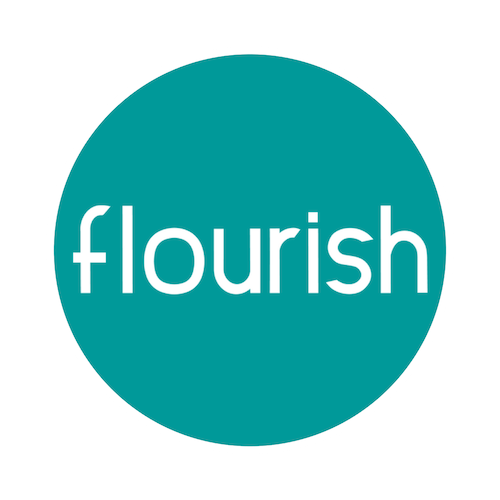‘No-vember’ Challenge
There’s a month for trying everything - ‘Veganuary’; ‘Inktober’... This year, I’m challenging you to ‘No-vember’!
We can all think of situations where we wished we had said no, or got dragged into something we didn’t really want to do. We may have said yes to something when we were already struggling to deal with our day-to-day schedule. Sometimes, ‘no’ sounds like a bad word. We think about rejection from others, or that we are rejecting others with our own no. We also think of toddlers and children going through an annoying phase of saying ‘NO!’ to everything. ‘No’ can have a bad reputation!
Damon Zahariades wants us to think differently about saying no. The title of his book The Art of Saying No gives us some clues - he describes saying no as an ‘art.’ This tells us that it is not as simple as shouting ‘NO!’ and refusing to do anything anyone asks [as nice as that might sound sometimes]. As he points out, learning to say no is a skill that requires understanding and practice.
The understanding part is thinking about why we often don’t say no, as well as why it is important to do so. He breaks these ideas down into quick and easy-to-read chapters focusing on key reasons like wanting to avoid disappointing people, wanting others to like us, FOMO, and emotional bullying from others [to name a few]. These reasons can make it hard to say no and set your own boundaries for your time, emotional space, money…
Many of these reasons for avoiding saying no are linked to self-esteem. If we don’t understand and value ourselves enough, we often don’t set healthy boundaries; this can lead to us feeling drained, unappreciated by others, and resentful of the time, emotional space, money… others are taking from us. In order to avoid this, or to fix this situation if you’re already in it, Zahariades emphasises the importance of attending to your own needs first. He uses the helpful example of being on a flight listening to the safety information - the cabin crew always tell us to put on our own oxygen mask before helping others to do the same. This is not selfish - it makes sure that you can safely help others without risk to yourself. Understanding your own needs, setting healthy boundaries, and saying no when you need to works in the same way. Zahariades says ‘Doing so gives you the freedom to attend to other people’s needs when you have the time, energy, and inclination [desire]. You’ll be able to decide to help on a case-by case basis without risking… your own health and happiness.’
The practice part links to how we say no, as well as knowing when to use our no. Zahariades makes it clear that being aggressive is not the way forward with our no - we should aim to be assertive. He describes assertiveness as ‘having the self-confidence to express your needs and wants, and pursue your own ends, even in the face of opposition.’ To help you to do this, he gives examples of strategies that can be used in a variety of situations and with a variety of people in your life. These strategies will take practice to make them healthy habits that support your boundaries, but you’re worth the time and effort to make it happen. He repeats frequently that if you are assertive and kind in your no, you’ve done your part - how people react is out of your control. In our Flourish group and one-to-one mentoring, we talk about the circle of control, and how powerful this can be in supporting our wellbeing. By understanding we have control over our own boundaries and our no, and not how people respond, we can start to feel more confident and comfortable in ourselves.
So your challenge this ‘No-vember’ is to think about your boundaries and how you can use your no to create safe spaces for yourself. Just think of the time, emotional space, money… you can claim back for yourself by doing so! Give it a go this month, trying your no in small situations in your daily life - you’re worth it!
